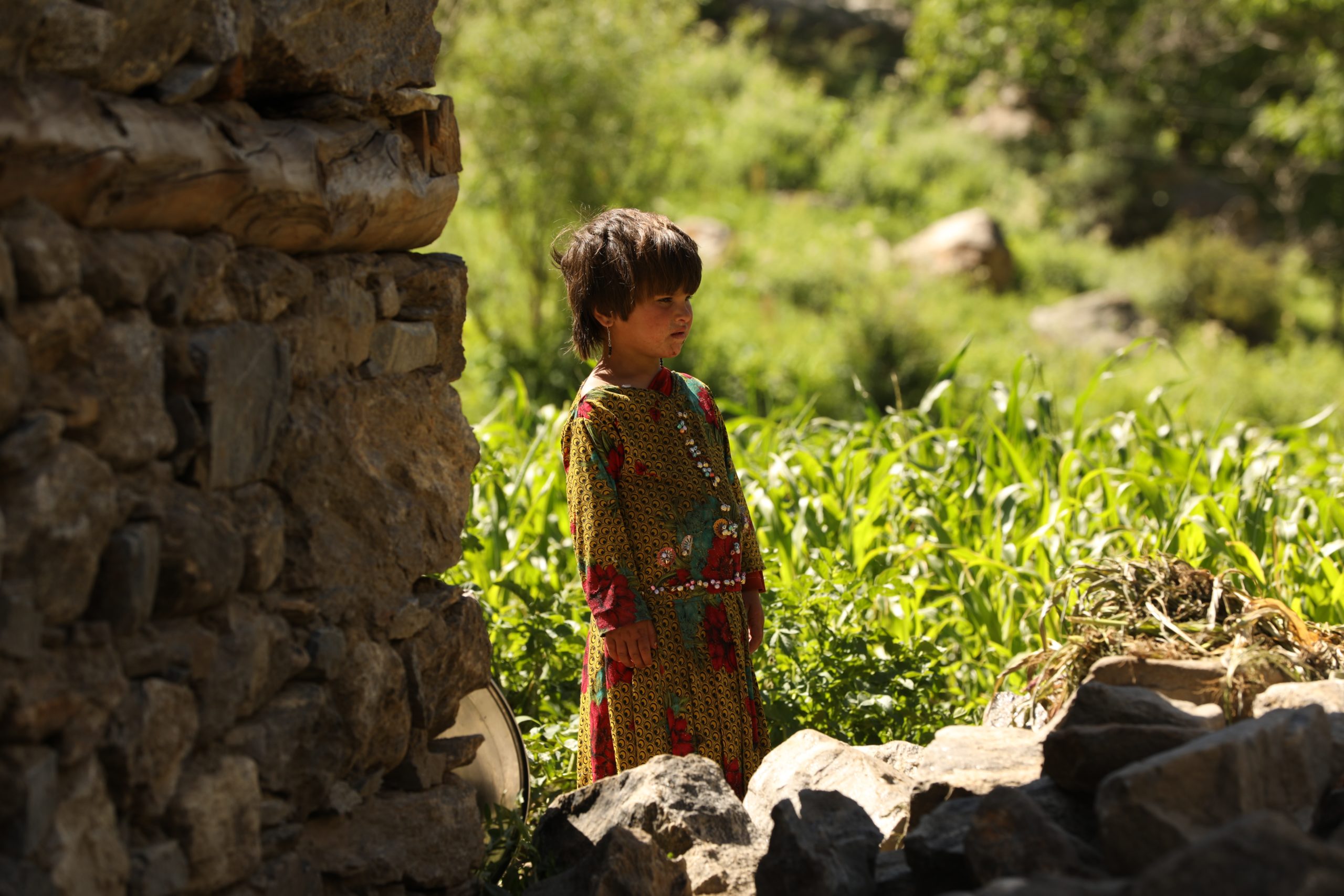The Biden administration’s announcement that it plans to fully withdraw US forces from Afghanistan by September 11 of this year is a welcome step toward peace. It’s only one part of the puzzle in the complex Afghan war, however. Finally recognizing that more war will not bring peace to Afghanistan and upholding a diplomatic approach instead is important, to be sure. But without a meaningful commitment to justice and accountability in the nascent intra-Afghan peace negotiations, long-term peace in Afghanistan will remain an illusion.
An estimated 241,000 people have died as a result of the War on Terror in the last two decades. Over the last several years, US and NATO-supported Afghan government-led military operations have become the leading cause of civilian casualties in the conflict. 3.7 million Afghans have been displaced from their homes. Two-thirds of the country are experiencing mental health problems. And countless more have suffered in all the typical forms of fallout of war: malnutrition, lack of access to clean water, poverty — the list goes on.
These, and many more, are the victims of the war in Afghanistan, and after decades of conflict, they are finally mobilizing for their right to a seat at the table in discussions on the future of Afghanistan. As the United States moves from military to diplomatic engagement, it has an obligation — and an opportunity — to center their experiences. It can do so by supporting and pushing for the inclusion of a Victim Centered Justice (VCJ) framework in the Afghan peace process, which is now up in the air but diplomatic efforts from various sides are underway to push for it.
Victim Centered Justice is based on the idea that victims of gross violations of human rights and war crimes have a fundamental right to mobilize for safety and accountability for past harms.
Victim Centered Justice is based on the idea that victims of gross violations of human rights and war crimes have a fundamental right to mobilize for justice and accountability for past harms. Until recently, there was very little mobilization by or on behalf of these victims. This changed last year with the formation of the National Victims Network (NVN), which demands a focus on victims’ direct participation and testimony in the peace process, acknowledgment of their suffering, truth-seeking processes, reparations, and accountability measures.
The Afghanistan Independent Human Rights Commission (AIHRC) has outlined a similar framework, including the need for official participation of a certain number of war victims in the negotiations, a mechanism whereby the parties to the negotiations can receive victims’ testimony regarding their experiences, the establishment of individual and collective reparations programs for war victims, and focus on community-based reconciliation efforts, truth-seeking, and memorialization. A similar approach has shown success in other countries like Colombia, where bottom-up participation of civil society organizations and victims, played a critical role in engaging victims in peace negotiations, and helped to ensure that their demands were included in the peace process.
Unfortunately, thus far, the reception of a VCJ framework by stakeholders in the negotiations has been tepid. The Government of Afghanistan welcomed the formation of the AIHRC consultation group, but little more. We know very little about the Taliban’s position, but they have shown no interest in addressing war crimes and crimes against humanity. And in the Islamic Republic of the Government of Afghanistan’s roadmap for the upcoming negotiations, victims’ rights and accountability do not appear among the few central issues. The US proposal for a transitional peace government is the only one to mention transitional justice at all.
A meaningful peace negotiation could be a turning point, but its success will largely depend on who is invited to participate and who will set the agenda. If the majority of participants are warlords who themselves are implicated in serious human rights violations, we likely can’t expect much. At the 2001 Bonn meeting, issues of justice were side-lined because of a strong voice of opposition by warlords, despite the repeated warning by the UN Envoy to Afghanistan.
Yet there may be reason for hope. Perhaps, after decades of violence, there is some level of realization, even among the Taliban and warlords-turned-politicians, that the plight of victims of all sides must be addressed in order to bring sustainable peace and reconciliation. And considering that the United States is a vital player in the Afghan peace process and it has expressed an explicit interest to address transitional justice, there is a chance that it could use its leverage to get victims-centered justice on the agenda.
For forty years, the United States has fueled violence in Afghanistan, starting first with the training and support for the mujahideen, and later two decades of direct military occupation fighting the Taliban and Al-Qaeda. It is clear that there is no role for the US military in any path to peace in Afghanistan. But that does not mean that there is no role for the United States.
As the United States takes the long-overdue step of withdrawing, it has a chance — and a responsibility — to make good for those who have suffered for too long by putting victims’ rights at the center of its diplomatic strategy. Failing to interrupt the ongoing, vicious cycles of violence combined with entrenched impunity and corruption in the country, will continue to haunt Afghans, Americans, and the rest of the world for decades.
Dr. Huma Saeed is a research consultant and an affiliated researcher at the University of Leuven, where she obtained her PhD in criminology focusing on transitional justice and economic-state crime in Afghanistan.
Correction 05/24: Text updated to reflect more recent reports on the progress of negotiations.





















